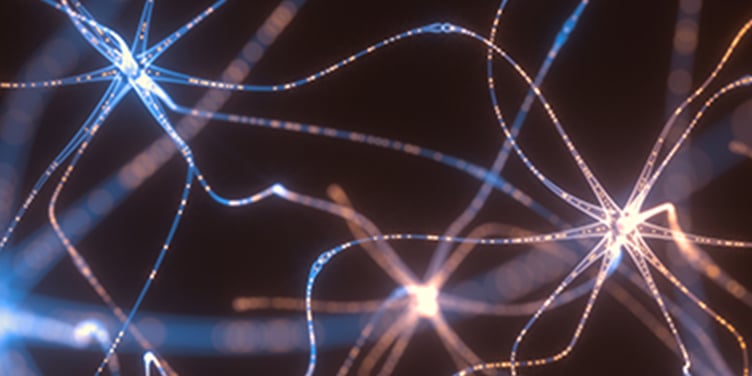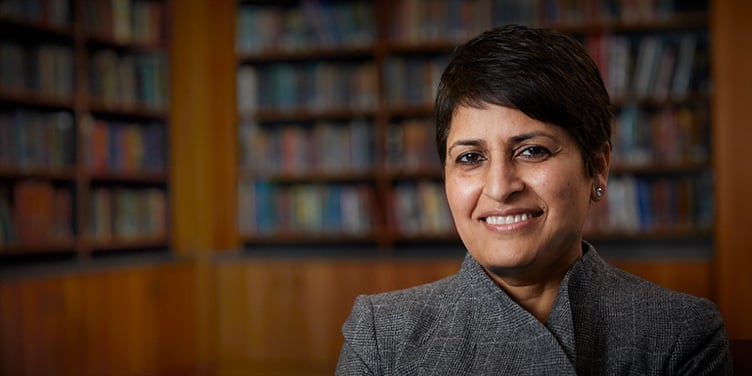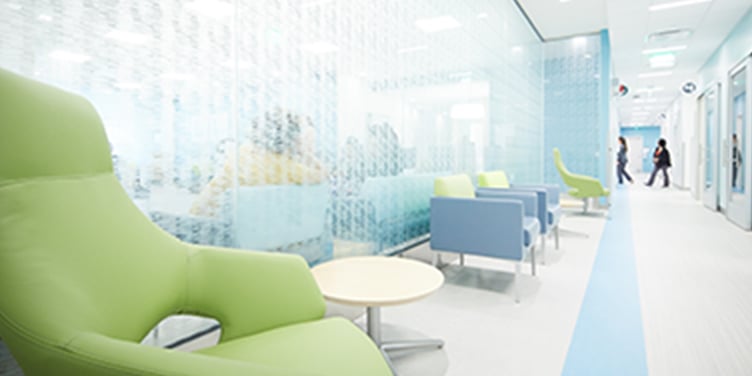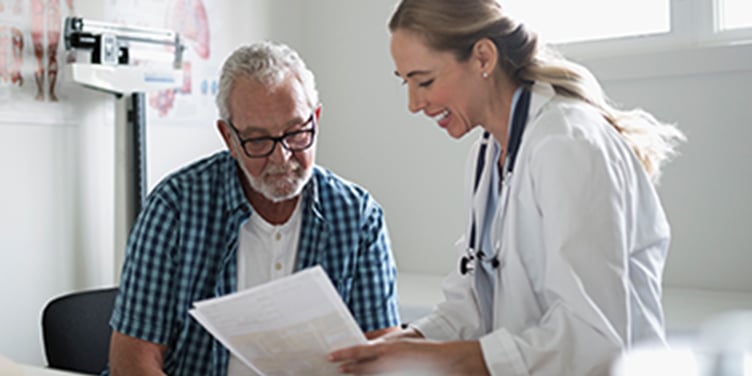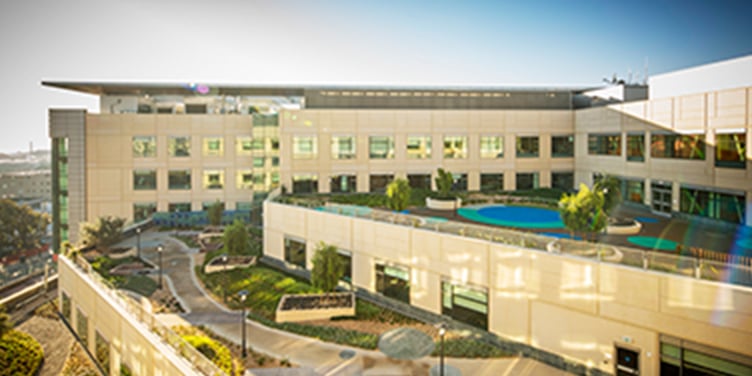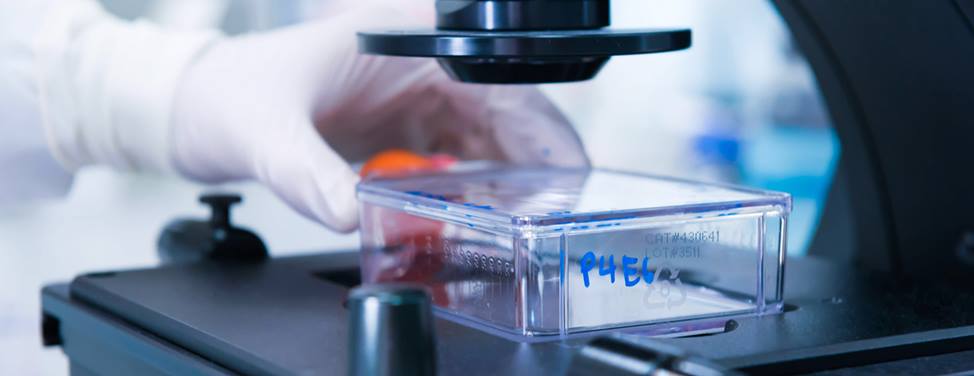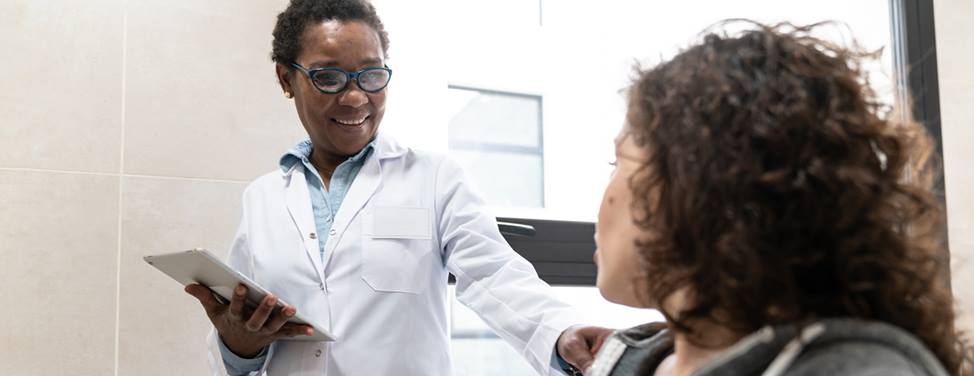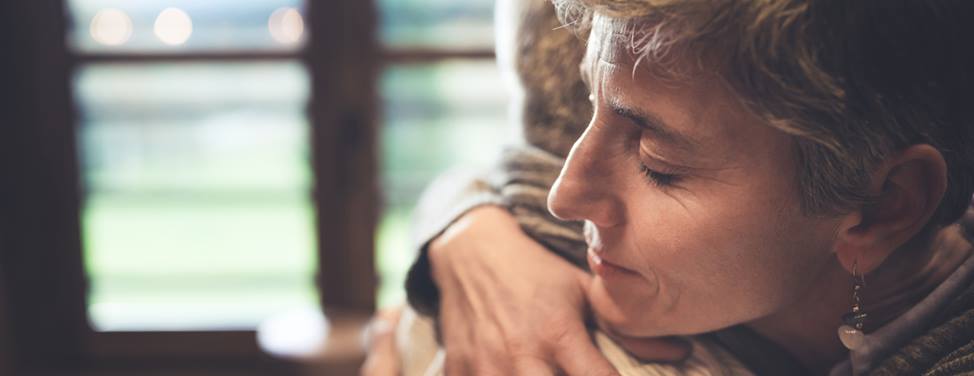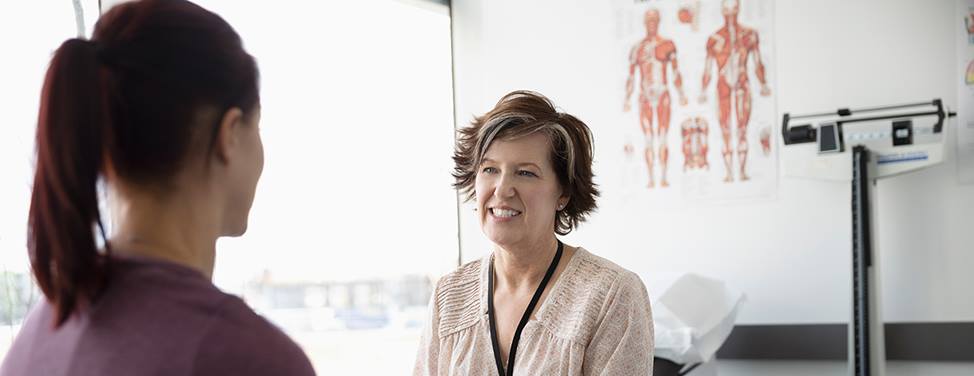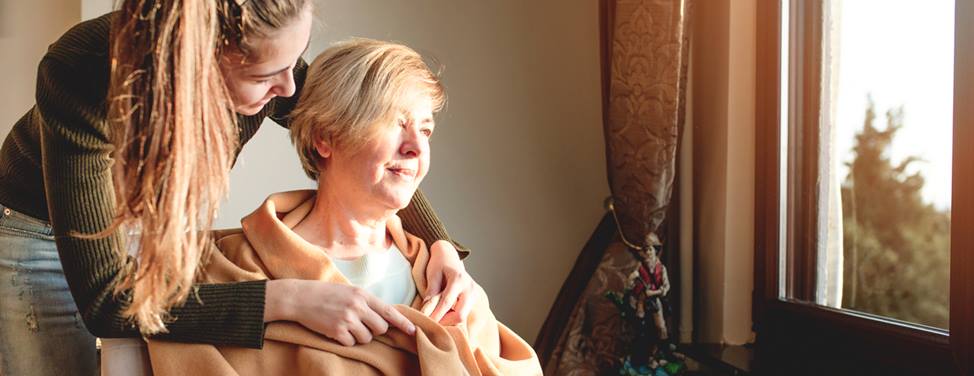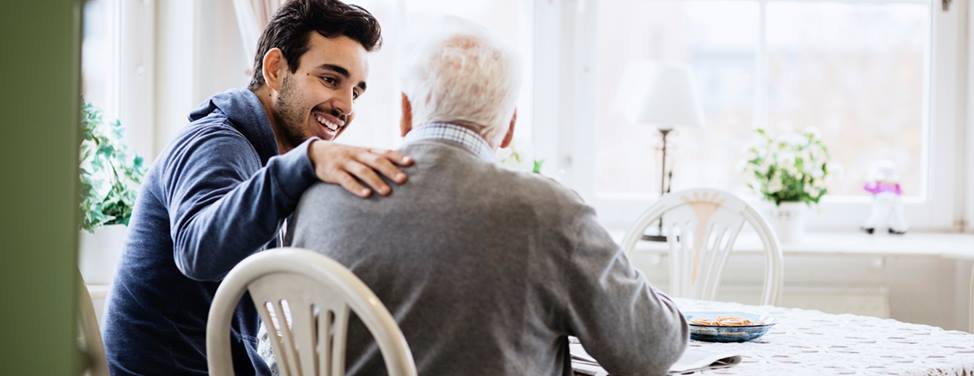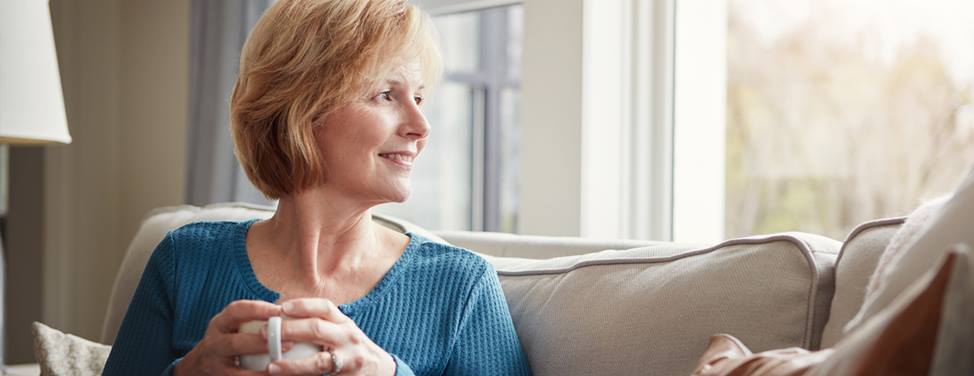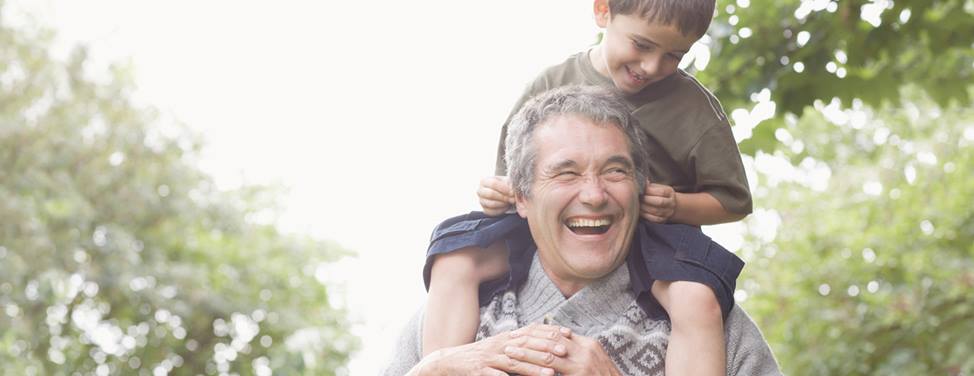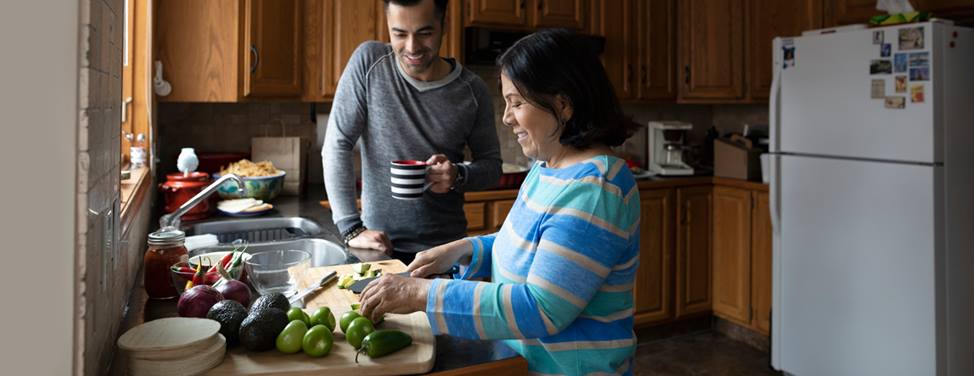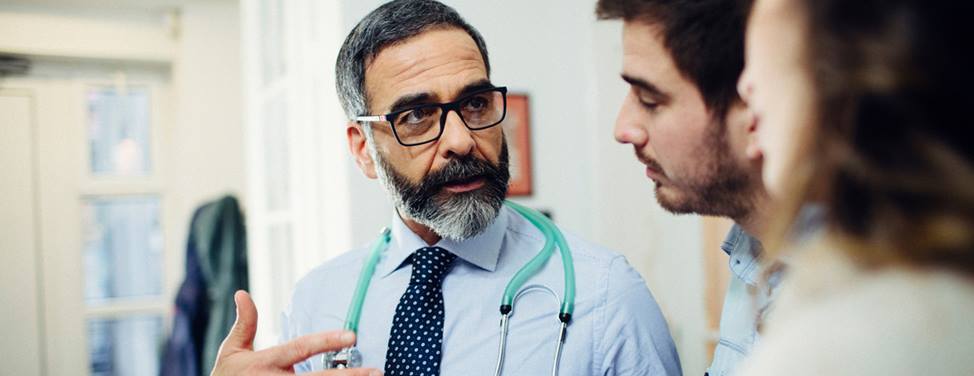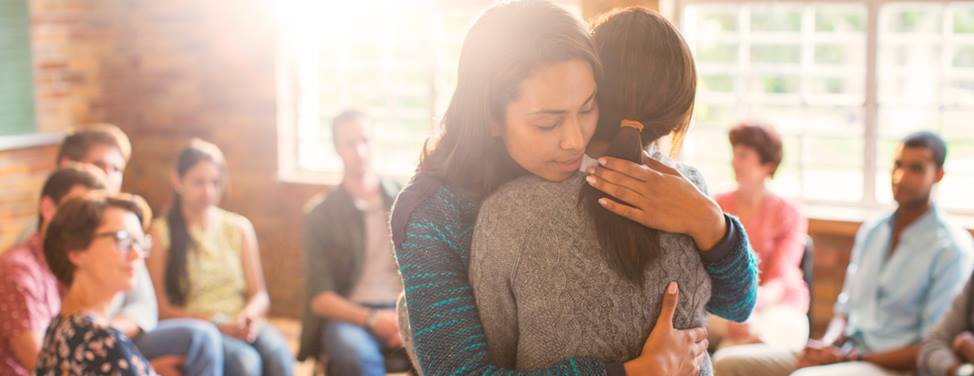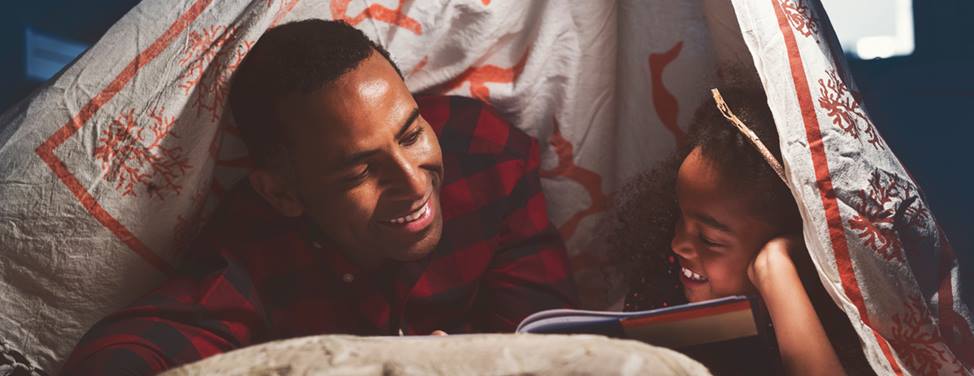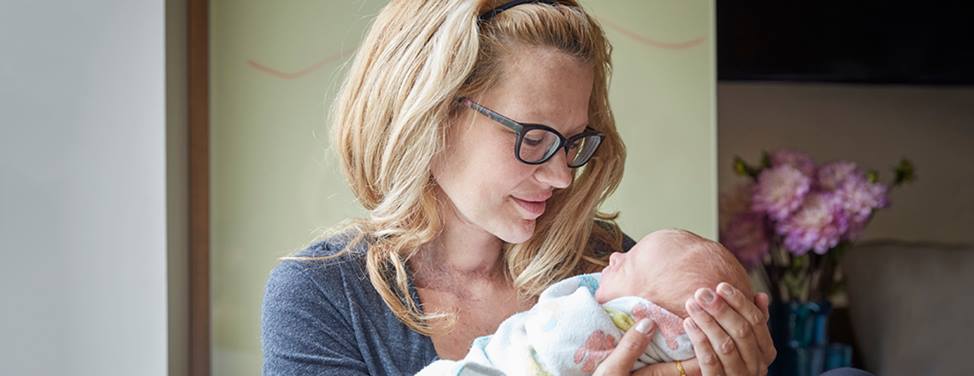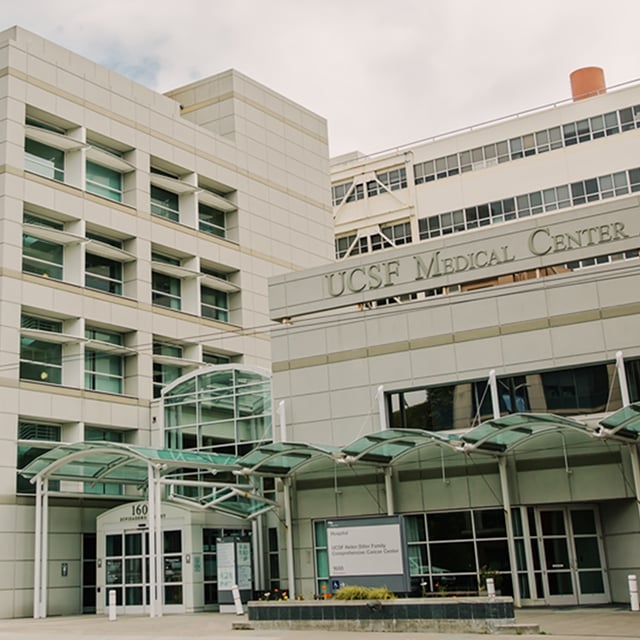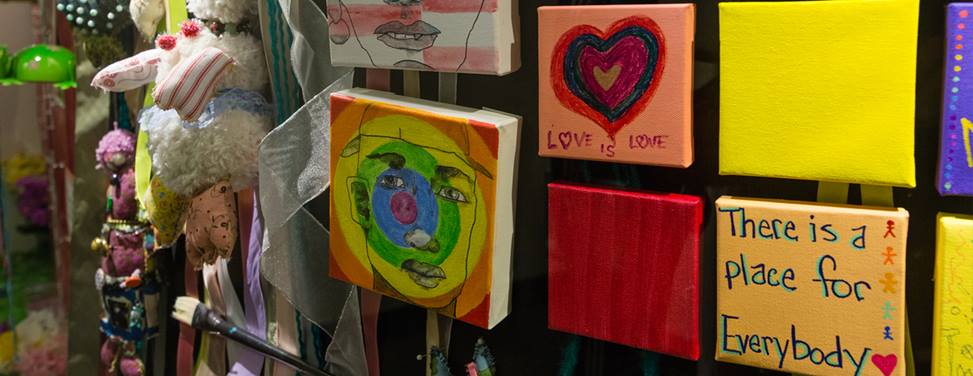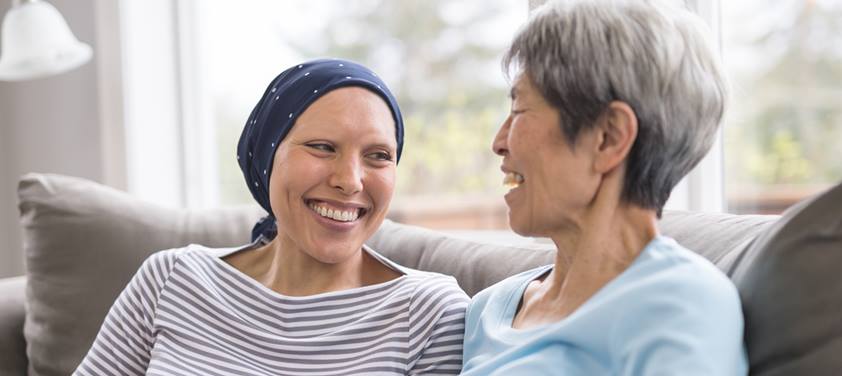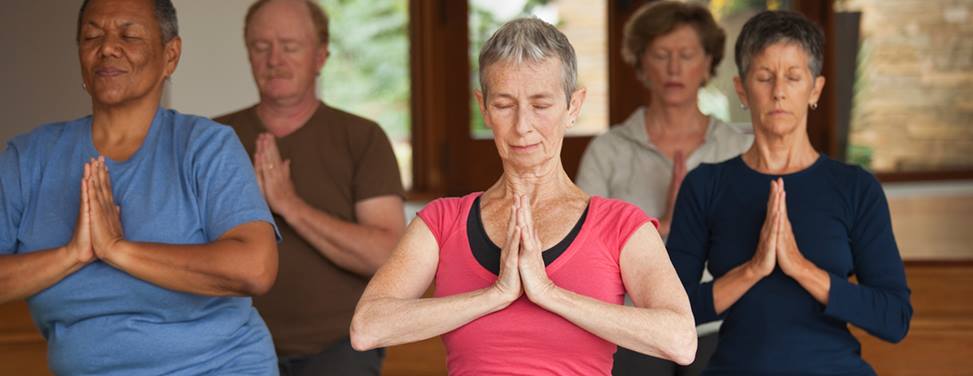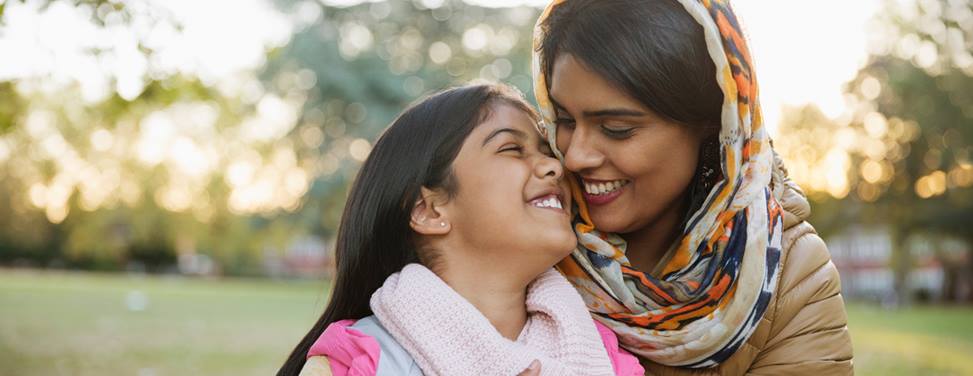Oral Cancer

Overview
Oral cancer includes cancer of the lips, tongue, cheeks, floor of mouth, hard palate, gums and minor salivary glands. Oral cancer usually occurs in people over the age of 45 but can develop at any age.
Our Approach to Oral Cancer
UCSF offers cutting-edge diagnostic and treatment options for all types of oral cancer, delivered in a comfortable and supportive environment. Our goal is to treat the cancer while preserving speech and swallowing functions as much as possible.
To achieve the best outcome for each patient, our team includes a wide range of specialists. These include head and neck surgeons, otolaryngologists, medical oncologists, reconstructive surgeons and radiation oncologists, as well as experts in speech-language pathology, nutrition and psycho-oncology.
Awards & recognition
-
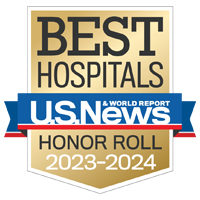
Among the top hospitals in the nation
-
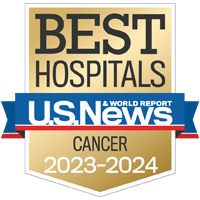
Best in Northern California and No. 7 in the nation for cancer care
-
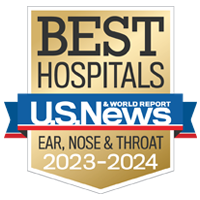
One of the nation's best for ear, nose & throat care
-
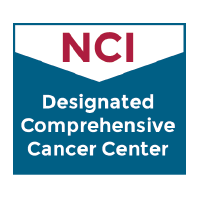
Designated comprehensive cancer center
Signs & symptoms
The following are the most common symptoms of oral cancer:
- A sore on the lip or in the mouth that does not heal
- A lump on the lip or in the mouth
- A lump in the neck
- A white or red patch on the gums, tongue or lining of the mouth
- Unusual bleeding, pain or numbness in the mouth
- Oral pain that does not go away or a feeling that something is caught in the throat
- Difficulty or pain with chewing or swallowing
- Difficulty with jaw opening
- Swelling of the jaw that causes dentures to fit poorly or become uncomfortable
- Tooth loosening
- Bad breath
- Sensory loss of the face
Diagnosis
If an abnormal area has been found in the oral cavity, a biopsy will determine whether it is cancer. Usually, you are referred to a head and neck surgeon, who removes part or all of the lump or abnormal-looking area. A pathologist examines the tissue under a microscope to check for cancer cells.
Almost all oral cancers are squamous cell carcinomas, since squamous cells line the oral cavity.
Treatments
The extent of treatment for oral cancer depends on a number of factors. Among them are the location, size, type and extent of the tumor and stage of the disease. Your doctor also considers your age and general health. Treatment may involve surgery, radiation therapy or a combination. You also may receive chemotherapy, or treatment with anticancer drugs.
For most patients, it is important to have a complete dental exam before cancer treatment begins. Because cancer treatment may make the mouth sensitive and more easily infected, doctors often advise to have dental work done before treatment begins.
Surgery
Surgery to remove the tumor in the mouth is the usual treatment for patients with oral cancer. If there is evidence that the cancer has spread or a concern that it has spread, the surgeon may also remove lymph nodes in the neck. If the disease has spread to muscles and other tissues in the neck, the operation may be more extensive.
Radiation Therapy
Radiation therapy, also called radiotherapy, is the use of high-energy rays to damage cancer cells and stop them from growing. Like surgery, radiation therapy is local therapy, affecting only the cells in the treated area. The energy may come from a large machine, or external radiation. Patients with large tumors may need both surgery and radiation therapy.
Chemotherapy
Chemotherapy is the use of drugs to kill cancer cells. Researchers are looking for effective drugs or drug combinations to treat oral cancer. They are also exploring ways to combine chemotherapy with other forms of cancer treatment to help destroy the tumor and prevent the disease from spreading.
UCSF Health medical specialists have reviewed this information. It is for educational purposes only and is not intended to replace the advice of your doctor or other health care provider. We encourage you to discuss any questions or concerns you may have with your provider.
More treatment info
-
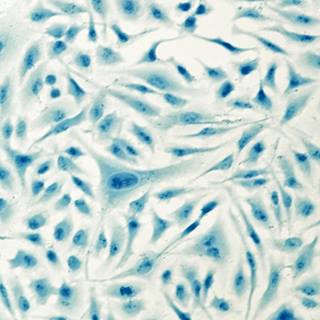
Brachytherapy (HDR & LDR)
Radioactive material is placed inside a tumor or very close to it to treat the tumor and spare healthy tissue.
Learn more -
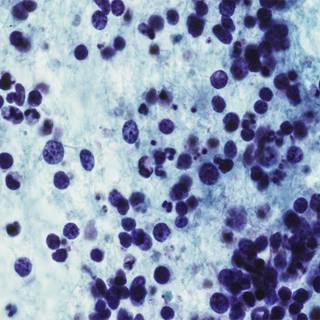
Intensity-modulated radiation therapy (IMRT)
The advanced technique focuses strong radiation on the tumor and spares surrounding healthy tissue.
Learn more
Recommended reading
Where to get care (2)
Related clinics (4)
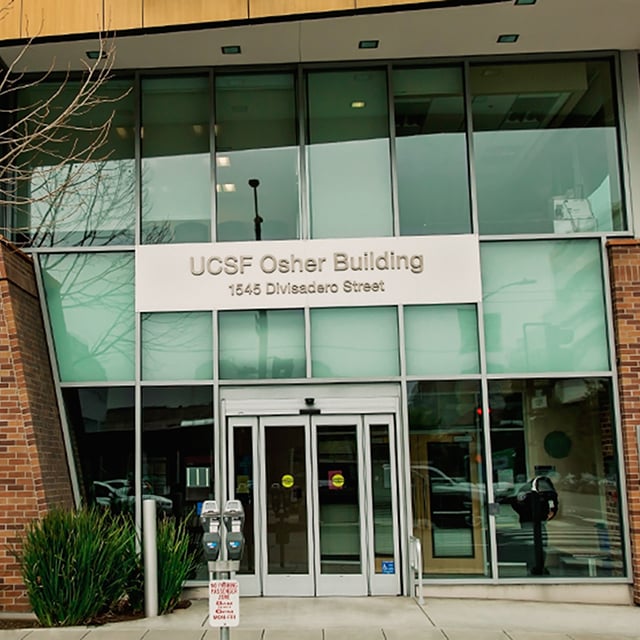
Osher Center for Integrative Health
 2
2

